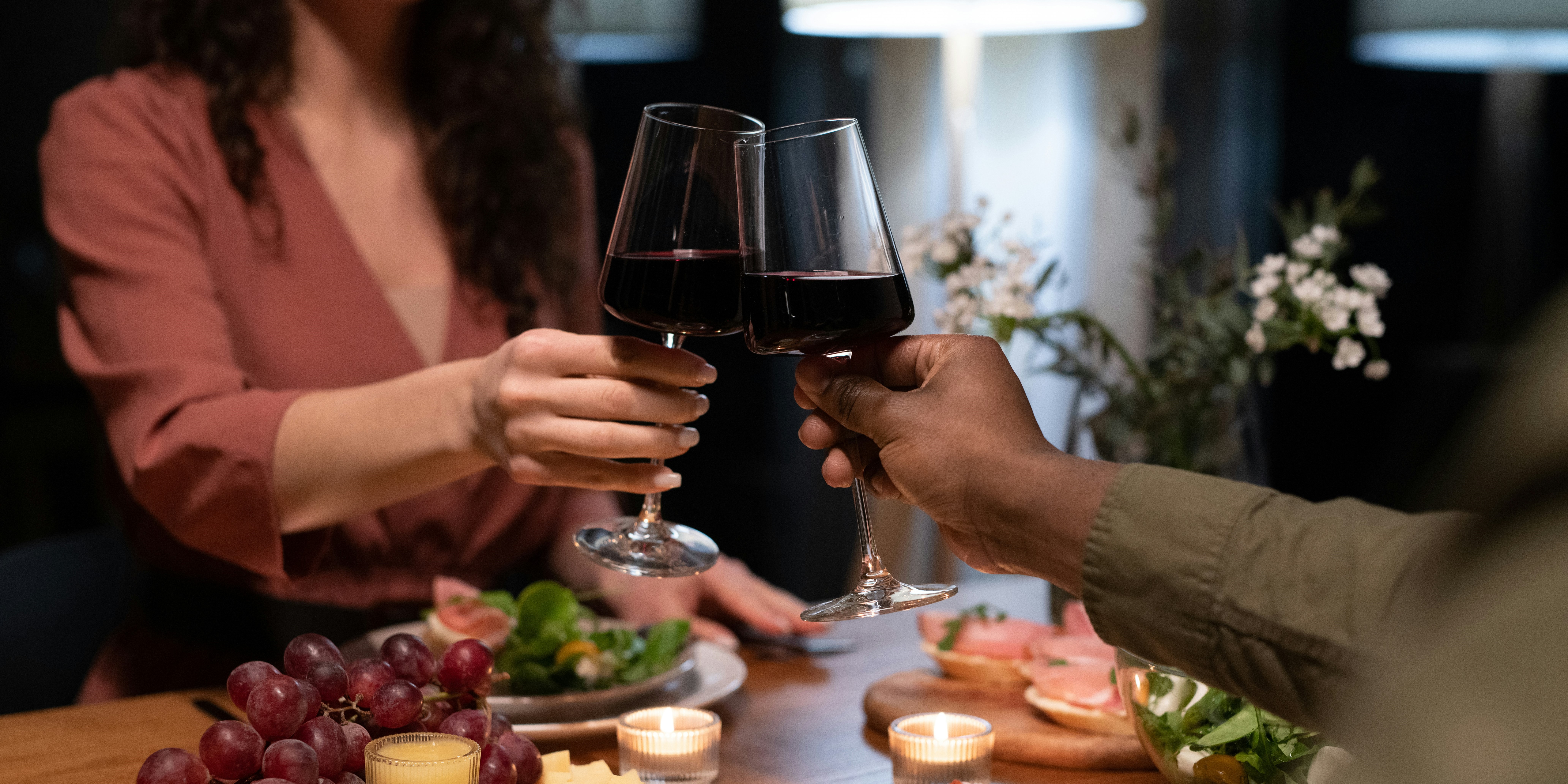Many people enjoy getting tattoos as an expression of themselves. However, given the permanence of tattoos, it can be easy to get intimidated — especially if it’s your first time sitting under the needle.
Tattoo artist Russ Abbott, owner of Ink & Dagger and creator of digital tattoo design and visualization tools at Tattoo Smart, explains that it all comes down to picking the right style of tattoo for you — preferably with the help of an experienced tattoo artist.
Deciding on a tattoo style
There are several styles of tattooing, and it’s worth noting that each individual tattoo artist puts their own spin on the style. Still, there are a few common styles that artists might specialize in:
- Realism: As the name suggests, the realism style of tattooing focuses on creating photorealistic images. Realism tattoo artists put a large emphasis on detail in their work, and will extensively use and study a photo reference — such as a photograph or drawing — when inking the tattoo.

Chris Valenca – Ink and Dagger Tattoo (Atlanta) – Realism – Dog Portrait
- American traditional: American traditional tattoos are defined by clean black outlines, vivid colors, and heavy black shading. These are the classic tattoos that people might be most used to seeing, particularly in Western cultures.

Brian Bennett – Ink and Dagger Tattoo (Atlanta) – American Traditional – Ship
- Neo-traditional: Like American traditional tattoos, neo-traditional tattoos also tend to have clean black outlines, but they take their inspiration for color from other styles. Neo-traditional tattoos tend to have much more nuance than American traditional tattoos, with more complex color schemes and rendering.
- Traditional Japanese: Traditional Japanese tattoos have elaborate, sometimes colorful designs with motifs from Japanese culture. This style is one of the most easily identifiable because it is so heavily rooted in specific Japanese imagery such as koi, dragon, samurai, hannya, and chrysanthemum.
- Minimalism: Compared to realist, traditional, and neo-traditional tattoos, which tend to have more elaborate designs, minimalist tattoos tend to be more simplistic in nature. These tattoos have crisp lines, lots of negative space, and little to no color.
- Ornamental: Tattoo designs that focus on geometric motifs, patterns, and decorative ornamentation inspired by historic and cultural traditions can all fall under the category of Ornamental Style. Many artists specialize in ornamental style tattooing that works both as small decorative adornments, but can also cover the entire body.

Russ Abbott – Ink and Dagger Tattoo (Atlanta) – Ornamental – Throat
Regardless of which style of tattoo you’re choosing, it’s important to have the finished outcome in mind before an artist starts any work on it. “Although some individuals have found success with a more spontaneous or ‘artist’s choice’ approach to getting a tattoo, these are more for those experienced with getting tattoos — and who trust their tattoo artist,” says Abbott. “Most people wanting a tattoo would be best served by having a clear vision of what they want from the beginning.”
Factors that will affect what tattoo style you choose
According to Abbott, the most important factor when designing a tattoo is to choose one with a style and subject matter that has a personal connection. “Don’t just pick a tattoo because it looks cool or trendy,” he says. “Trends and popularity come and go, but a tattoo lasts forever, so it should be an artistic expression of your personality — something you are proud to wear on your skin for the rest of your life. The best way to do this is to ensure that the tattoo you are getting has a deep connection with you and your personality.”
At the same time, it’s just as important to consider other factors, such as how a tattoo will fit your environment. “If you work in a school, you probably don’t want a visible tattoo with profanity or imagery that could be seen as offensive or disturbing to young people,” Abbott explains. “But we have seen numerous examples of major employers beginning to relax their previously strict tattoo policies. For example, Southwest and Virgin Atlantic Airlines both allow flight attendants to display tattoos in uniform.”
Another essential consideration is how the tattoo will age with you — both emotionally and physically. “The most obvious thing a person will tell you is to consider how well your tattoo will hold up,” Abbott explains. “In 10 years, will you still be proud of your tattoo, or is it something you can see yourself being embarrassed by? If the latter, maybe reconsider. Also, consider how your skin will change with age and how this may affect the clarity of your tattoo. Your artist will be the best to counsel you on optimal sizing and placement to ensure a long-lasting, successful outcome. “
If you don’t know what tattoo style to go with
Ultimately, Abbott explains that there is generally no better source for guidance on tattoos than professional tattoo studios and artists. “Go visit a few tattoo studios in person and get a feel for the different styles of tattoo studio environments and artists,” he says. “ If you’re in good hands, they won’t be afraid to tell you the benefits of one style over another, or if it may end up looking bad over time.
Choosing a tattoo is a decision that will last a lifetime, so make sure it is something that you are happy with. Deciding on a style of tattoo involves several factors — from look to fit — and if you aren’t sure what the best choice is for your unique expression, always be sure to consult with an experienced tattoo artist at a reputable studio.










